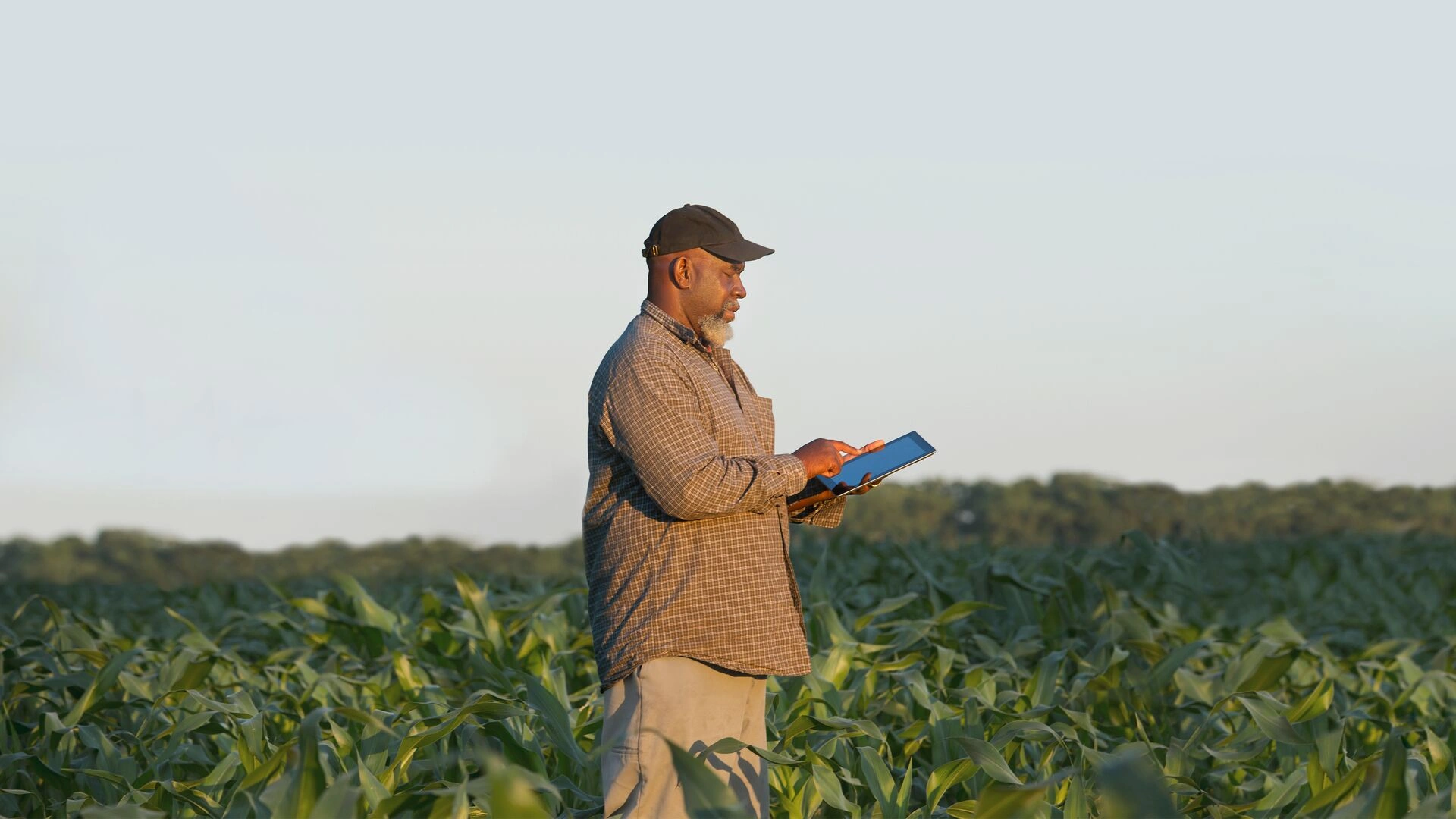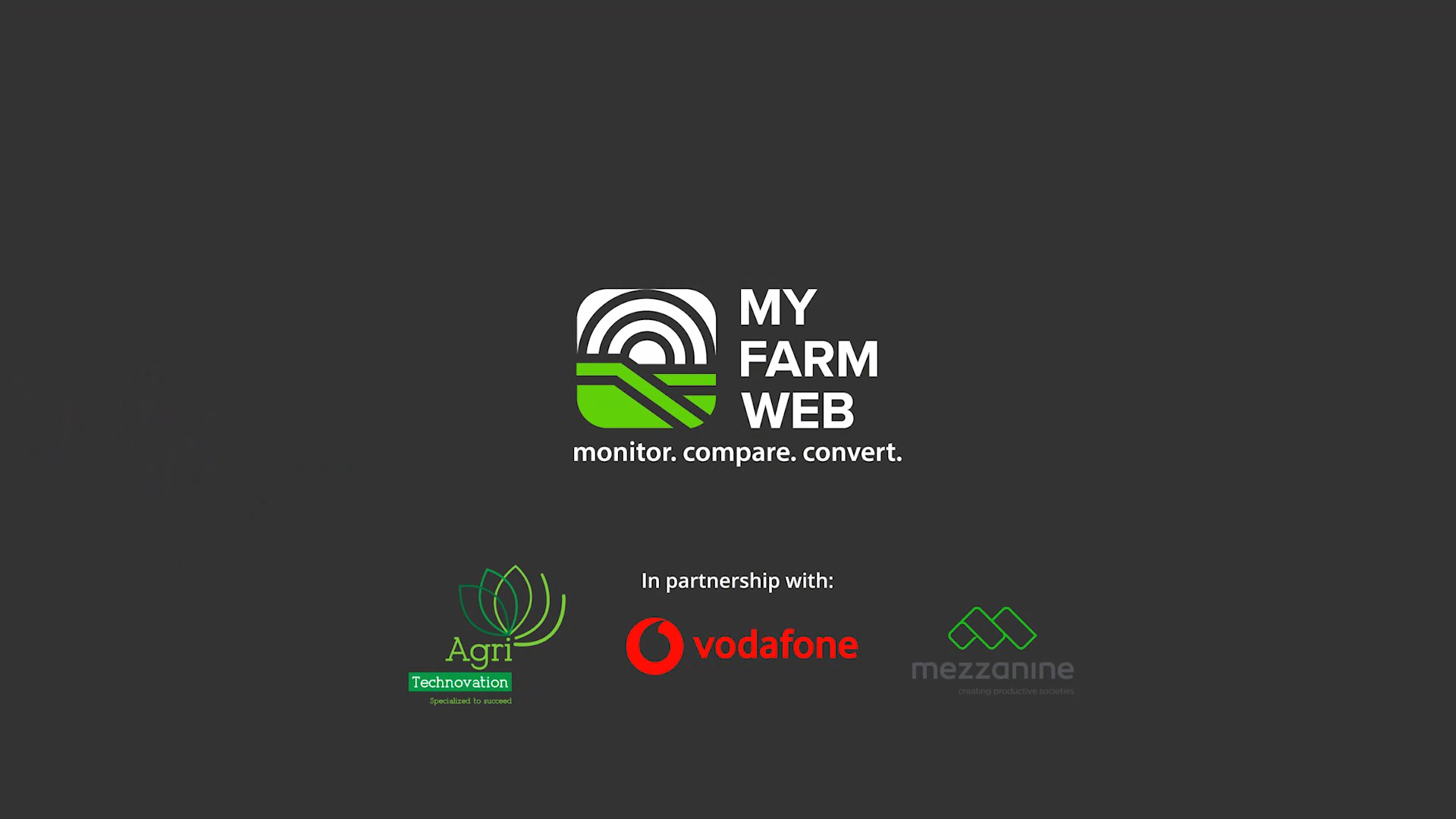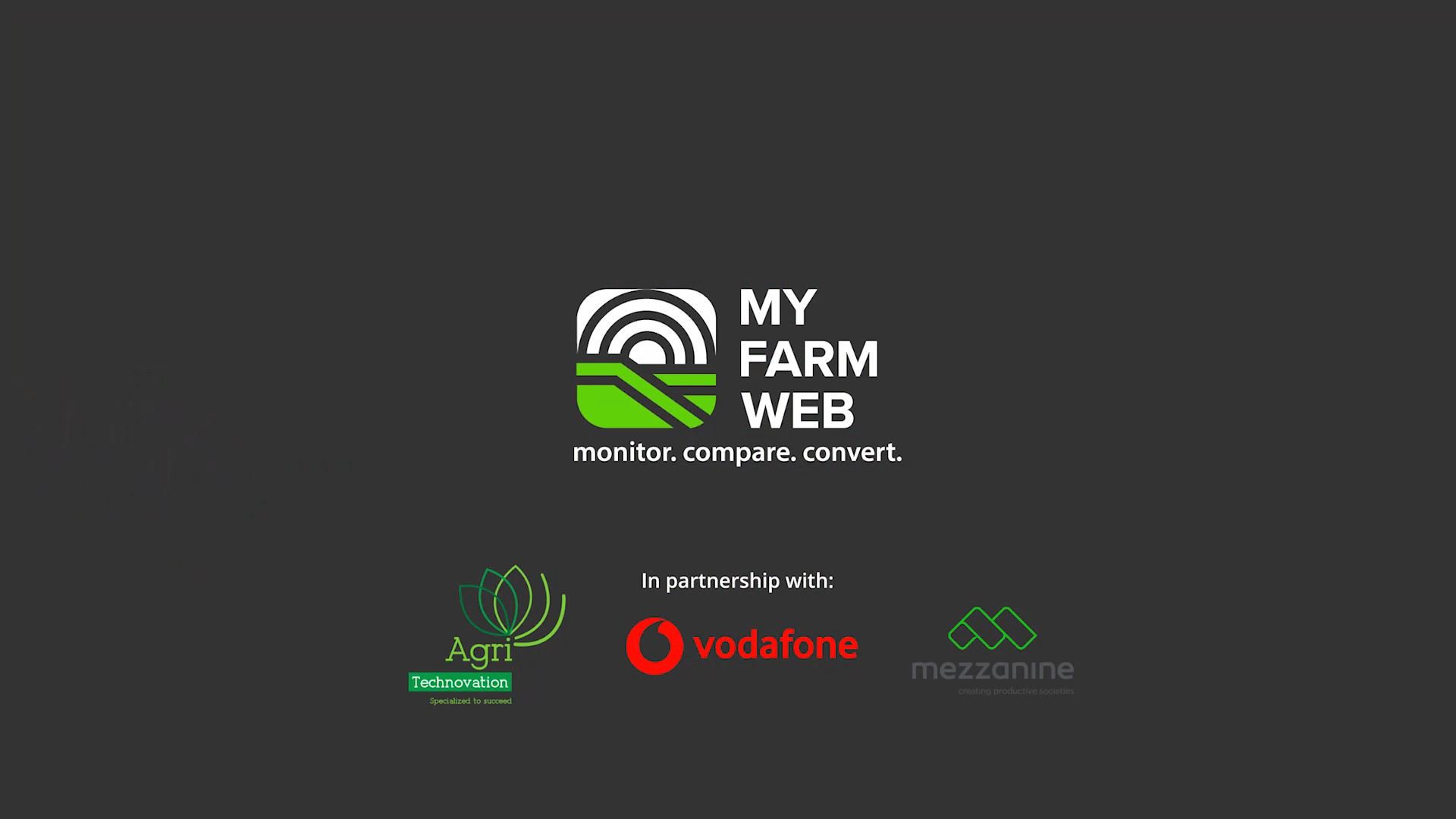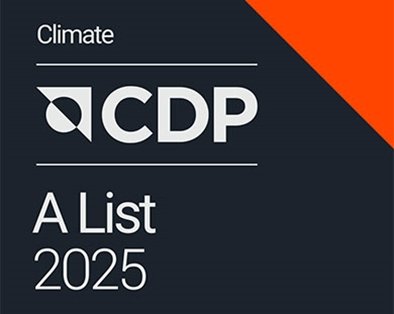Digital solutions enable smallholder farmers to participate and contribute towards a greener and more resilient food value chain.
By Jacques de Vos, CEO, Mezzanine
Agriculture matters to all of us. Whether you’re tilling maize fields in Kenya, watching the sunset off the coast of Sumatra or working in a Berlin high-rise, all humans need sustainable, affordable sources of food.
Since we established the first agrarian societies over 12,000 years ago, we learned to harness and perfect (but also pervert) the precarious balance between our own increasing needs and care for the natural environment that nourishes us.
The challenge of (re)developing a sustainable food system is both straightforward and nuanced all at once. Feeding the 9 billion humans in our global village by 2050 also requires us to square other intractable issues, such as perennial poverty, climate change, women and youth empowerment and geopolitical instability. Nowhere are these challenges more real and pervasive than the world’s breadbasket - Africa.
However, over the past two decades, the widespread penetration of mobile technology and inexpensive digital devices amongst the world’s poorest has provided a vital clue. From our 10+ years’ experience building digital agriculture solutions and improving the livelihoods of farmers and local communities, Mezzanine’s solutions have been designed around the axiom that prosperity is really about enabling accessibility.

It starts with supporting and empowering the smallholder farmers. What others often call the ‘last mile’ of the farming sustainability ecosystem, we prefer to call a groundswell. These hardworking, community-oriented farmers drive the majority of food security needs in most African countries. However, only a paltry 15% (or less) receive access to the kinds of essentials they need to keep going - namely access to markets, financial services and decision support information.
With frictionless access to trusted digital marketplaces like Connected Farmer, we have proven that farmers can reclaim their rightful place in the food value chain. By securing access to good quality inputs and farming practices and access to formal markets, smallholder farmer yield and income can increase on average by more than 70% over 2-3 crop-cycles. If we connect the dots, smallholders from Tanzania, Nigeria, and Kenya to Mozambique and Uganda can participate and capture value across all three legs of a sustainable food value chain, namely production, distribution & processing and consumption.
Linking smallholder farmers to formal value chains however impose new requirements on these farmers - as consumer behaviour and regulations drive more environmental sustainability requirements across all food value chain stakeholders smallholder farmers will also need to comply. Sustainability-focused legislation can easily lock smallholder farmers out of the market and poses a material risk to the whole segment. For smallholder farmers across the globe, the sustainability riddle can be solved by fair access to markets.
Practically, this is difficult to accomplish without technology mediating that journey effectively and efficiently. As things stand, favourable access is heavily weighted towards large distributors and pre-existing alliances whose influence across local supply chains often prevent the more fragmented smallholder segment from having a fair shot at market making.

However, easy-to-use digital marketplace tools like Connected Farmer aim to democratise the market experience for the smallholder farmer segment by digitising traceability and compliance tools which will enable all farmer segments to contribute towards both a greener and more resilient food value chain.
In addition to others, we are excited to showcase these groundbreaking solutions at the European Development Days #EDD2021.
Bold initiatives like the European Green Deal have inspired other countries in Africa to follow in its wake. Even EU Chief Ursula Von Der Leyen has officially called on Africa to do so. By creating a shared roadmap for climate-responsible and inclusive food security systems to flourish, we will take care of our planet’s resources (as well as our own global civilisation).

























